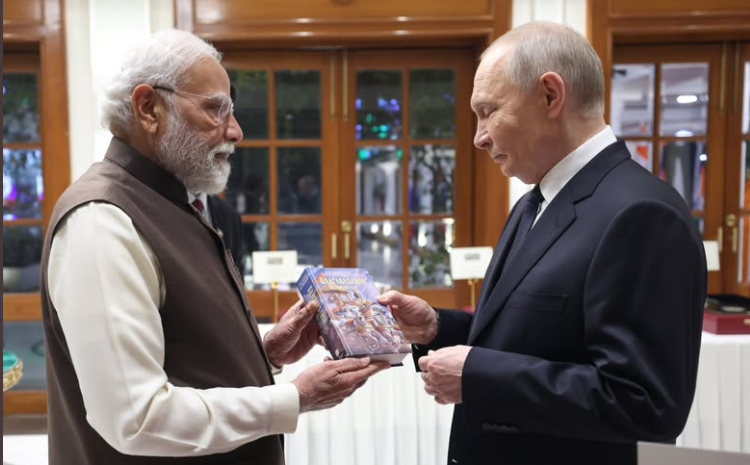India-US Relations and the ‘Jaishankar Doctrine’
- InduQin
- Apr 29, 2022
- 2 min read

The United States and India have just completed a ministerial dialogue between the U.S. secretaries of state and defense, Antony Blinken and Lloyd Austin, and their Indian counterparts, Minister of External Affairs Dr. Subrahmanyam Jaishankar and Minister of Defense Rajnath Singh. This “2+2 Dialogue” was preceded by a video conference between U.S. President Joe Biden and Prime Minister Narendra Modi, and both leaders said they looked forward to meeting again shortly in Tokyo.
Although the “2+2” was nominally focused on international security and was the first to occur since the Russian invasion of Ukraine, the world’s two largest democracies paid relatively little attention to the largest international assault on democratic values since World War II and what Russia’s assault means for international peace and security.
In a joint statement remarkable for its 13-page length and the breadth of its coverage, only a short paragraph dealt with the situation in Ukraine. There was mention of a humanitarian crisis, a condemnation of civilian deaths, a call for the cessation of hostilities, and lip service to the principles of the United Nations Charter, but nothing more. Nothing about how these great democracies might work together to repair the damage done to international law, the sovereignty and territorial integrity of states, and the prevention of generalized war, particularly war involving nuclear weapons. There certainly was nothing in the joint statement about a Russian invasion of Ukraine.
The superficial reasons for this lack of attention to the harm being done to the international order by the Russian invasion of Ukraine and how it might be counteracted are obvious. Neither side wanted to get the U.S.-India relationship, which has grown and strengthened so much over the last thirty years, off track. Both sides consider themselves “natural and trusted partners” with a “growing convergence of strategic interests,” particularly in regard to China. Further, the U.S. and India have a wide range of common economic, health, and social issues vital to the wellbeing of both nations.
India doesn’t want to offend Russia. It needs arms from Russia, wants cheaper Russian oil, and hopes to increase its relatively small trade with Russia. But there is something more at play in India’s hesitancy to work as a full partner of the U.S. in furthering international peace and security on the basis of India’s own democratic values when it comes to Russia and Ukraine.
Read More at https://thediplomat.com/2022/04/india-us-relations-and-the-jaishankar-doctrine/







Comments